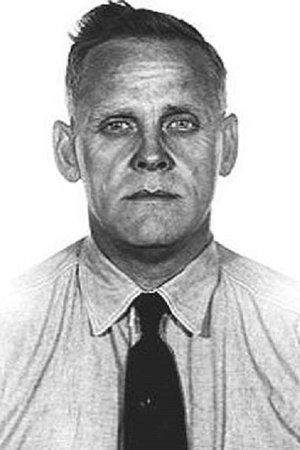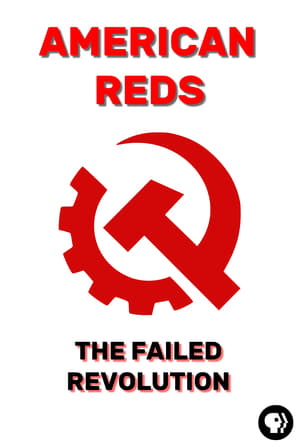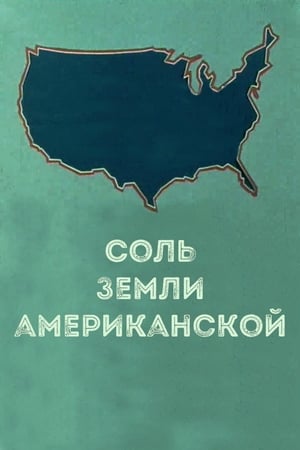
Gus Hall
Gus Hall (born Arvo Kustaa Halberg; October 8, 1910 – October 13, 2000) was a leader and chairman of the Communist Party USA (CPUSA) and its four-time U.S. presidential candidate. As a labor leader, Hall was closely associated with the so-called "Little Steel" Strike of 1937, an effort to unionize the nation's smaller, regional steel manufacturers. During the Second Red Scare, Hall was indicted under the Smith Act and was sentenced to eight years in prison. After his release, Hall led the CPUSA for over 40 years, often taking an orthodox Marxist–Leninist stance. American politician, orator and publicist, leader of the US Communist Party. In 1924 he joined the American Komsomol, and in 1927 he joined the US Communist Party. Organized the Komsomol. In 1931 he came to the USSR and studied for two years at the International Lenin School, the Marx-Engels-Lenin Institute. In 1938, Gus Hall retired from the union and became head of the Youngstown, Ohio branch of the US Communist Party. In August 1939, a non-aggression pact was signed between the USSR and Nazi Germany, after which a significant part of its supporters turned away from the Communist Party, but Hall remained with the Communists. In 1941 he was elected chairman of the city organization of the Communist Party in the large industrial center of Cleveland. During World War II, Gus Hall volunteered for the US Navy (in 1942) and served in the Pacific theater of operations. After demobilization in 1946, he was elected to the Secretariat of the National Committee of the American Communist Party. He also again headed the branch of the US Communist Party in Cleveland, and after a while became the chairman of the district organization of the CPUSA in Ohio. Angela Davis became a member of the Central Committee of the US Communist Party and ran with Gus Hall for the vice-president of the United States in 1980.
Known For
Movie Known For
Known For


